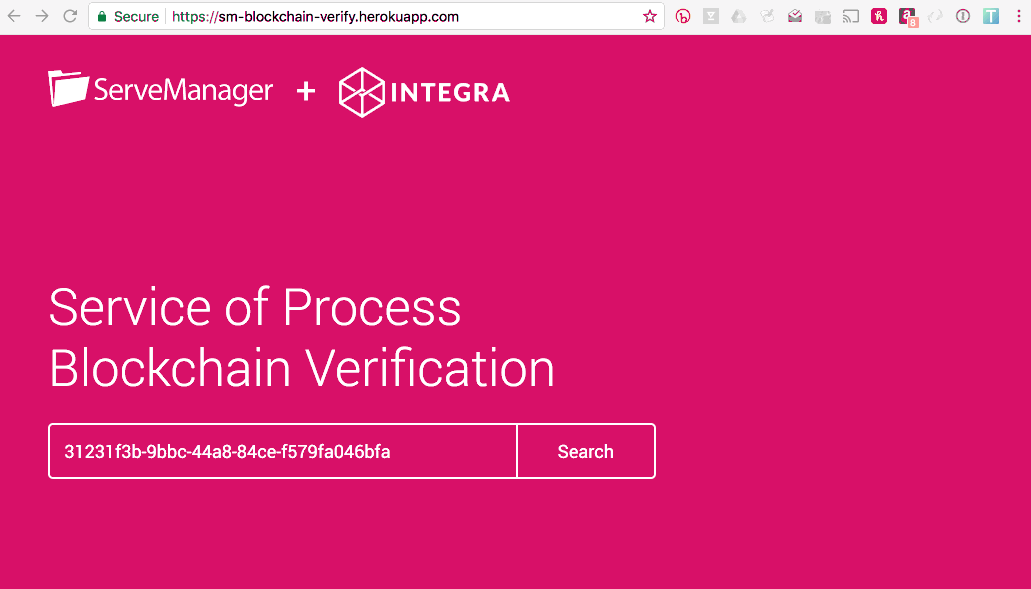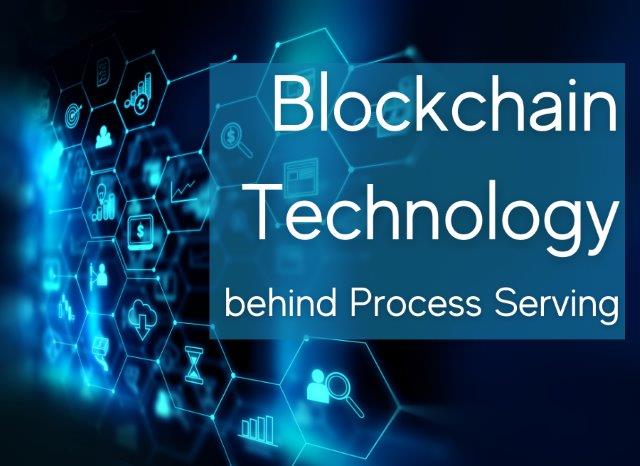We use a state-of-the-art software system that records a GPS timestamp when we serve our documents to ensure transparency and accountability for our clients.
We were recently approached by a client to complete a detailed affidavit of service – 15 months after the service was completed! The Respondent was claiming that they had never been served documents relating to a property matter. They were due in court and it seemed that they were attempting to stall the legal process. Like any good process serving company we had a record of the time and date that the documents were served and were able to draw up the required Affidavit of Service.
But how can you ever really know if the process server has actually served the documents in question? And how can you later validate the service should it ever come into question?
Back in 2008 a scandal rocked the process serving industry in the US (we have referenced this before in a previous article). An investigation by New York City’s Department of Consumer Affairs found that disreputable process-serving companies were never actually serving the documents they were given. They were effectively tossing the papers in the sewer and filing false affidavits of service. This became known as the “sewer service” scandal, and lead to major changes to the rules governing service of process in the US.
What checks and balances are available to ensure that this sort of thing doesn’t happen again?
In 2008 there was not much more you could do other than take the word of your process server, who you hoped was reputable and honest (and to be fair, most of us are!). But in the last 10 years a new and exciting technology is providing another layer of transparency and accountability for process servers to offer their clients.
Known as blockchain technology, this is essentially a digital ledger of transactional records that are duplicated and distributed across an entire network of computer systems. The system is designed to make it virtually impossible to change data, hack or cheat the system. This technology has been used for cryptocurrencies (it is used for the bitcoin network), financial and banking services, video games – and now for process serving.
We use a leading international serve management software that utilises this blockchain technology.
At the time of service, GPS coordinates, GPS timestamp and device data are captured. At that stage a unique blockchain ID or digital fingerprint known as a hash is created. This is then simultaneously recorded in the serve management software and in a third party blockchain digital ledger (this company specialises in providing a blockchain especially for law). This ledger stores the metadata and once posted on blockchain, law firms, courts, governing bodies, and related parties can access this verifiable and untampered service data.

Our serve management system (Serve Manager) has been collecting GPS data for service attempts for quite some time. The extra layer of security using this blockchain technology is only a relatively new addition, but one we believe sets this serve management software apart from others in the industry.
Click here to learn about other features that our serve management software offers
At Docuserve we understand the importance of investing in technology that we can trust, and that our clients can count on.
As market leaders we are not afraid to be the first to research and implement new technologies to assist us both in the field and in the office.
So, what is next? Well, we recently heard about the ability to serve documents by drone being considered in the UK!…. Watch this space…

